
Urban Swarms: Why You Should Care
By: Marcel E. Durieux This article originally appeared in the Summer 2020 issue of BEEKeeping Your First Three Years One of the happy differences…
Read More
By: Marcel E. Durieux This article originally appeared in the Summer 2020 issue of BEEKeeping Your First Three Years One of the happy differences…
Read More
By: Peter Keilty This article originally appeared in the Summer 2020 issue of BEEKeeping Your First Three Years We live in an age where…
Read More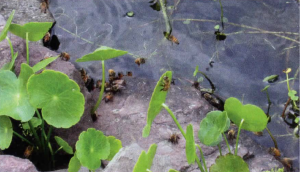
By: Ann Harman This article originally appeared in the Summer 2020 issue of BEEKeeping Your First Three Years • Harvest honey during first two…
Read More
By: Malcolm Sanford This article originally appeared in the Summer 2020 issue of BEEKeeping Your First Three Years The board of directors applauds Dr….
Read MoreBy: Julia D. Fine and Arathi Seshadri This article originally appeared in the Summer 2020 issue of BEEKeeping Your First Three Years On January…
Read More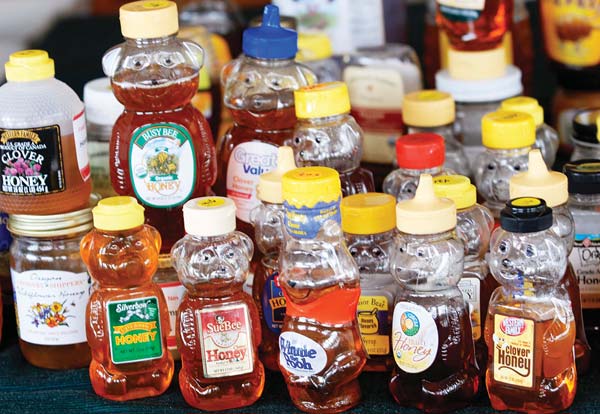
By: Vaughn Bryant I have been examining pollen in honey samples for over 50 years and I am just now getting good at…
Read More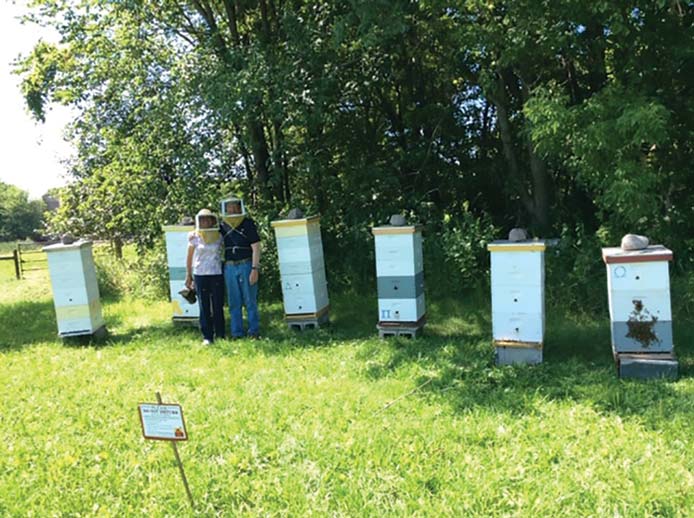
By: Becky Masterman Over an open colony of bees, Mike Roche told me how thankful he was to be alive. He was a man…
Read More
Released March 19, 2020, by the National Agricultural Statistics Service (NASS), Agricultural Statistics Board, United States Department of Agriculture (USDA) Special Note Honey…
Read More
By: M.E.A. McNeil “Brilliant. Just brilliant.” Oregon State University microbiologist Maude David was speaking about a honey bee gut bacterium engineered to defend against…
Read More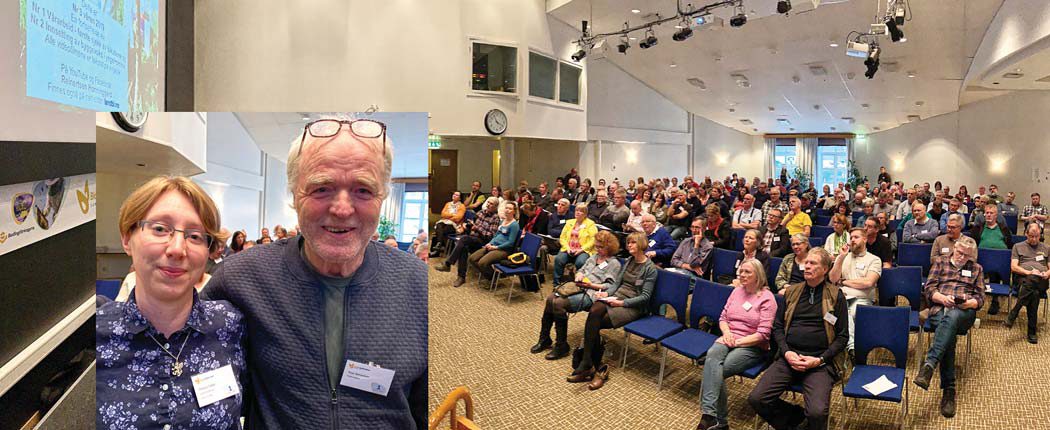
By: Erik Osterlund Dr Melissa Oddie, a Canadian researcher, will continue her research for at least two years based on the Varroa resistant bees…
Read More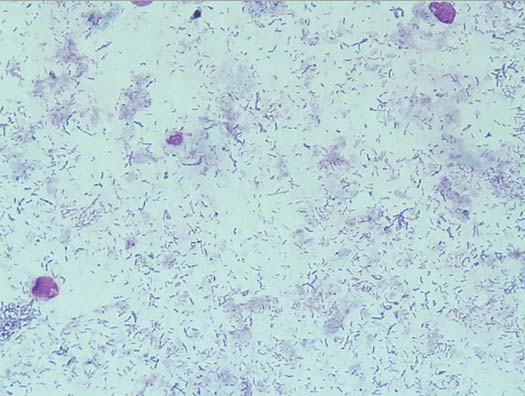
By: M.E.A. McNeil Probiotic: pro means for, biotic means life. For life. Yes, we’re for life. More life, more better, right? Maybe. Maybe not. For…
Read More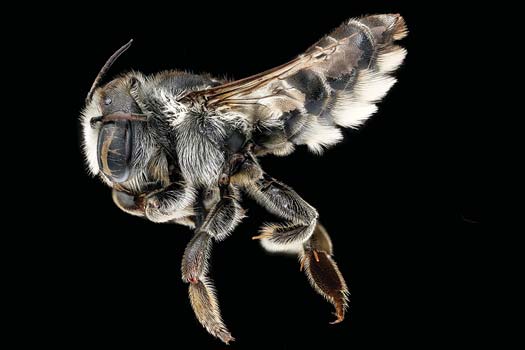
By: Sam Droege Species in The United States:134 Species in Canada: 40 Common everywhere Size Relative to Honey Bee: ½ – 1.5X Flight Season: Spring…
Read More
By: Jay Evans, USDA Beltsville Bee Lab When it comes to microbes in honey bee colonies, the bad guys get all the press. Since Aristotle…
Read More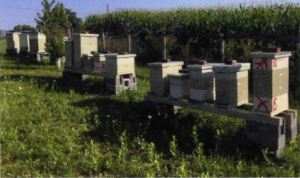
By: Branson McKay This article originally appeared in the Spring 2020 issue of BEEKeeping Your First Three Years Now into my third year managing…
Read More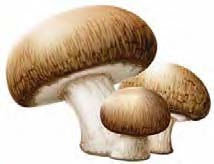
By: Mike McNally How often have you heard beekeepers talk about why their bees are all over compost piles, manure piles or sawdust piles….
Read More
By: Jerry Hayes Question 1 More Bees are considered better than less honey bees in a colony. But, as Spring arrives populous, healthy honey…
Read More
By: Alice Eckles Alice Eckles – I know you were a communications major in college, how did you end up keeping bees for a…
Read MoreBy: Ann Harman This article originally appeared in the Spring 2020 issue of BEEKeeping Your First Three Years No matter what part of the…
Read More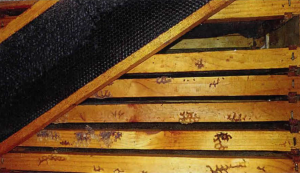
By: Pete Somers This article originally appeared in the Spring 2020 issue of BEEKeeping Your First Three Years Colony loss is a process rather…
Read More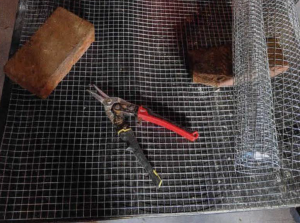
By: Zac Lamas This article originally appeared in the Spring 2020 issue of BEEKeeping Your First Three Years Mice are adorable little creatures. With…
Read More